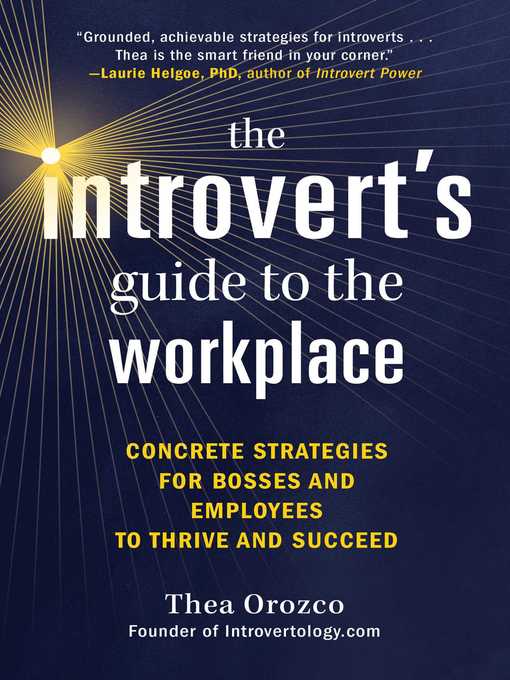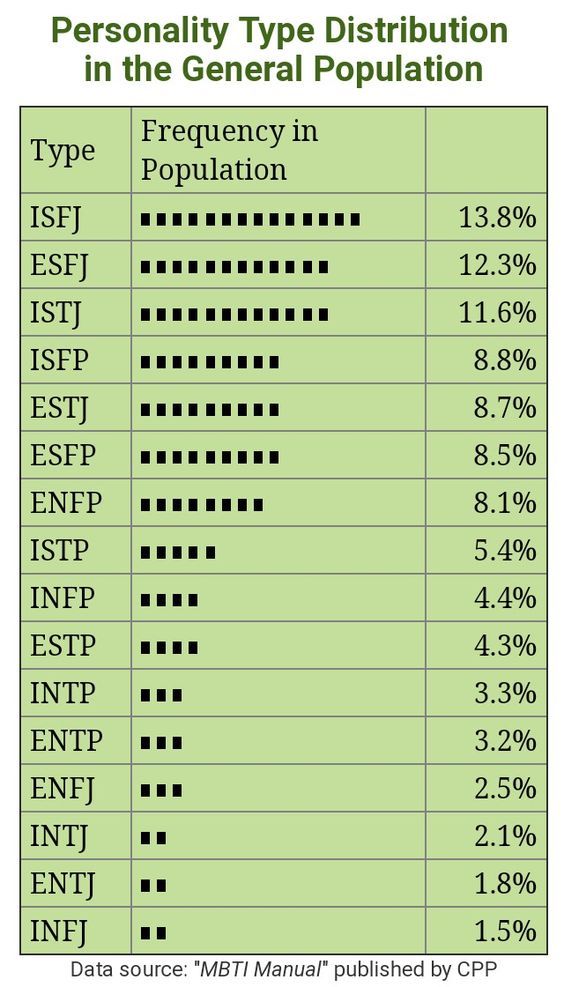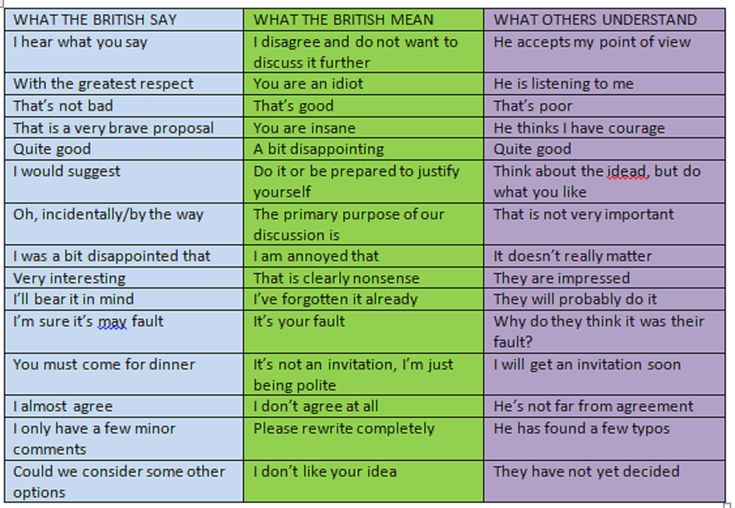Strengths of introverts
The Surprising Benefits of Being an Introvert
There are a lot of misconceptions about introverts — like that they’re antisocial, unfriendly, shy or lonely. But in many cases, being an introvert can actually be an asset.
Introverts are people who get their energy from spending time alone, according to Dr. Jennifer Kahnweiler, author of The Introverted Leader: Building on Your Quiet Strength. “It’s kind of like a battery they recharge,” she says. “And then they can go out into the world and connect really beautifully with people.”
A 2008 study published in the Journal of Motor Behavior found that introverts take a longer time to process information than extroverts. Kahnweiler says this is actually because they process more thoughtfully than extroverts do — they take extra time to understand ideas before moving on to new ones.
While we’re all often flooded with messages that we need to speak up and stand out in order to be successful, introverts can actually achieve even more if they hone their natural strengths, says Beth Buelow, author of The Introvert Entrepreneur: Amplify Your Strengths and Create Success on Your Own Terms.
“It’s not about becoming a fake extrovert,” Buelow says. “It’s really about acknowledging the valuable traits that introverts bring.”
Here are some of the benefits of being an introvert:
They’re good listenersIntroverts are naturally adept when it comes to actively listening, according to Buelow, who identifies as an introvert herself. “We tend to be the friend or colleague you can call on when you’re upset or you have good news to share,” she says. “We’re going to be able to listen and be with you in that, without turning it around and making it about us.”
Extroverted people are more inclined to jump into a conversation before fully processing what the other person has said. Not because they’re selfish or don’t care, but because they process information interactively, says Dr. Laurie Helgoe, author of Introvert Power: Why Your Hidden Life is Your Hidden Strength.
Conversely, introverts process information internally, Helgoe says.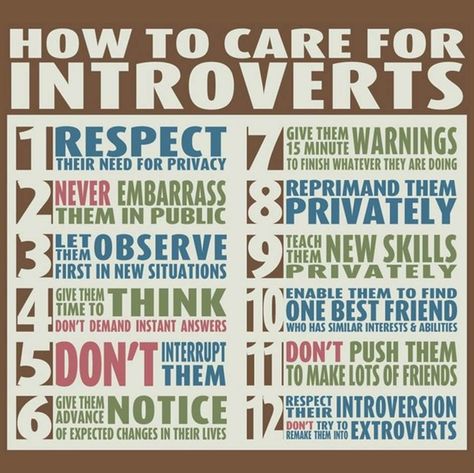 That skill allows them to hear, understand and provide carefully considered insight when they do respond.
That skill allows them to hear, understand and provide carefully considered insight when they do respond.
Because introverts typically feel less comfortable speaking than they do listening, they choose their words wisely, according to Buelow. “We only speak when we have something to say, so there is a higher chance that we will have an impact with our words,” she says.
That being said, introverts may take a little too long to formulate their thoughts before sharing them — especially in fast-paced business settings. To combat that tendency, Buelow suggests that introverts should go into meetings prepared to speak first, before there’s time to talk themselves out of it. “Break your own ice,” she says, advising introverts to share a piece of data or an opening remark for the top of the meeting. “Establish your presence early on before the conversation gets thicker and more competitive.”
The skill of choosing your words wisely is just as beneficial online as it is in person.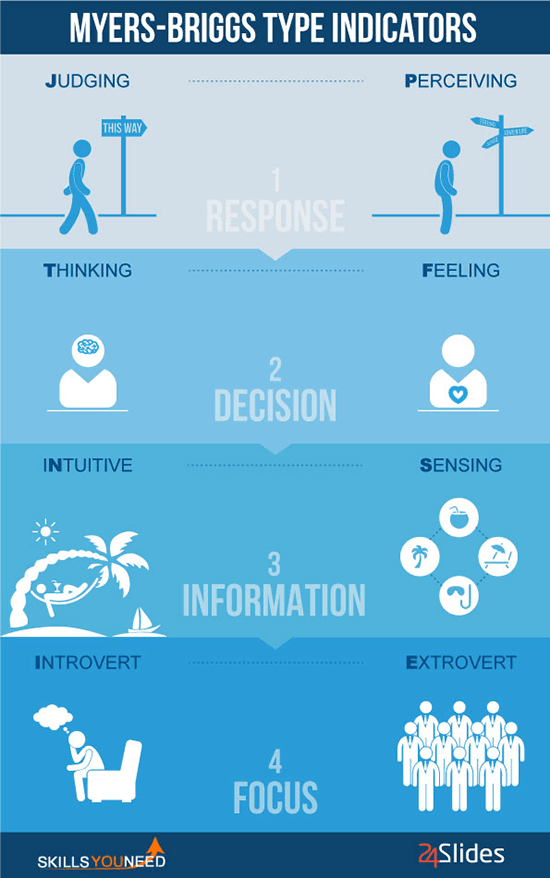 Introverts are more effective on social media because they’re less prone to knee-jerk reactions than extroverts, says Kahnweiler.
Introverts are more effective on social media because they’re less prone to knee-jerk reactions than extroverts, says Kahnweiler.
“Some people are just throwing thoughts everywhere, randomly posting everything — not introverts,” she says. “There’s a strategy that they take.”
They’re observantIn addition to their superior listening skills, introverts possess what Buelow considers a “superpower”: their observation skills. “We notice things others might not notice because they’re talking and processing out loud,” she says. Although it may look like they’re just sitting quietly during a meeting, introverts are actually soaking in the information that’s being presented and thinking critically.
The typical introvert also uses his or her observant nature to read the room. They’re more likely to notice people’s body language and facial expressions, which makes them better at interpersonal communication, according to Kahnweiler.
Introverts are especially skilled at noticing introvert qualities in others, Kahnweiler says.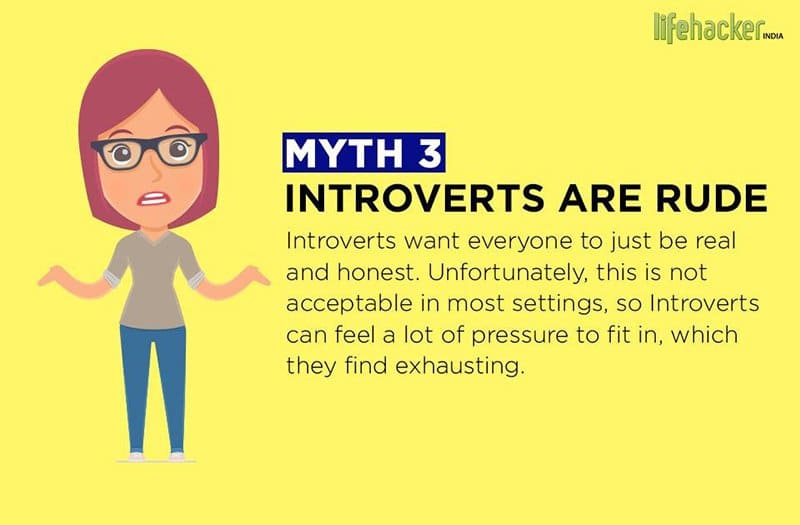 They can tell when a person is thinking, processing and observing, and then give them the space to do so, which makes people feel much more comfortable, according to Kahnweiler. “They allow time to really connect with people,” she says.
They can tell when a person is thinking, processing and observing, and then give them the space to do so, which makes people feel much more comfortable, according to Kahnweiler. “They allow time to really connect with people,” she says.
Since introverts can feel their energy being drained by being around other people — as opposed to extroverts, who gain energy from being with others— introverts choose their friends wisely. They would rather have a few close, trusted friendships to invest their time and energy in, as opposed to a large network of acquaintances, according to Buelow.
“Introverts are pretty picky about who we bring into our lives,” Buelow says. “It requires some energy, and if you do come into our inner circle, that means a lot.”
This quality causes introverts to be loyal, attentive and committed friends, says Buelow.
They make loving romantic partnersIntroverts crave personal space to reflect and refuel, and they can sense when their partners need space, too. “Because we have this need for our own privacy, we give that to others as well,” says Buelow. “We won’t be super clingy or high maintenance in relationships.”
“Because we have this need for our own privacy, we give that to others as well,” says Buelow. “We won’t be super clingy or high maintenance in relationships.”
And the same qualities that make introverts great listeners also make them great partners, according to Kahnweiler. At the end of a long day, they’re there to listen and support their partner without feeling compelled to talk about themselves.
Introverts also like to get to know someone before sharing intimate details with a prospective partner, and it can make them appear more appealing in the early stages of relationships.
“There can be something attractive about the mystery factor of introverts,” says Helgoe. “That can inspire curiosity and wanting to know the person better.”
They’re thoughtful networkersBeing in a large group where the goal is to meet, talk and make a good first impression can be overwhelming for many — especially for introverts. But Buelow says they can use their natural strengths to create meaningful connections. Extroverts may approach networking events with the goal of talking to as many people as possible, but often, those quick conversations don’t leave lasting impacts, says Buelow.
Extroverts may approach networking events with the goal of talking to as many people as possible, but often, those quick conversations don’t leave lasting impacts, says Buelow.
But Buelow says the strength in networking is not necessarily in numbers. Introverts, she says, should focus on learning about people they meet — even if they only connect with a handful of people.
“I try to make meaningful connections with a couple of people that I can follow up with in some way,” says Buelow. After an event, she’ll send links to articles or speeches that made her think of the person she spoke to. This type of active listening and follow-up can be a lot more beneficial than simply handing out 50 business cards, she says.
They’re compassionate leadersHelgoe says introverts can make the best leaders — when they channel their natural strengths. For starters, they don’t feel the need to step into the spotlight and take all of the credit for group successes; rather, they are likely to highlight the strengths of their teams, according to Helgoe.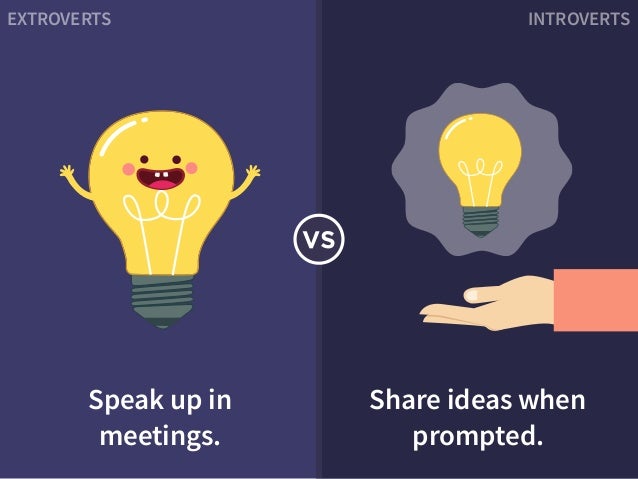
“An extroverted leader may be noticeable, but you may see the leader before you see the team,” Helgoe says. And employees who feel recognized tend to be more motivated, she says.
And since introverts process information more slowly and thoughtfully than their extroverted counterparts, introverted leaders tend to learn more about their subordinates, according to Kahnweiler. They have focused conversations with their team members in order to learn their skills, passions and strengths, according to Kahnweiler. Once they gather all of this information, they can use what they’ve learned to help each team member be more efficient and happier at work.
“People will talk about their favorite managers and they’ll say, ‘They were with me,’” Kahnweiler says. “‘Even if there were more pressing things, I felt like I had their attention. I had their ear.’”
Contact us at [email protected].
11 Hidden Introvert Strengths That Help You in Life
There might be affiliate links on this page, which means we get a small commission of anything you buy. As an Amazon Associate we earn from qualifying purchases. Please do your own research before making any online purchase.
As an Amazon Associate we earn from qualifying purchases. Please do your own research before making any online purchase.
Once again, it’s happened. You’ve been accused of being too shy, being a recluse or anti-social… but that’s not how you really feel inside at all!
Whether you’re the introvert, or know someone who is, rest assured that an introvert is not an oddball. Nor are they emotionally flawed or socially inept. In fact, this article will demonstrate that introvert strengths are actually superpowers that other personality types can only dream of having.
What You Will Learn
- What is an Introvert?
- Introvert Traits
- Types of Introverts
- 11 Hidden Introvert Strengths That Help You in Life
- 1. Problem-Solving with an Eye for Details
- 2. Well-Prepared Deep Thinking with Solid Judgment
- 3. Excellent Writing and Communicating
- 4. Creative Thinking
- 5. Excellent Listening Skills with an Empathetic Side
- 6.
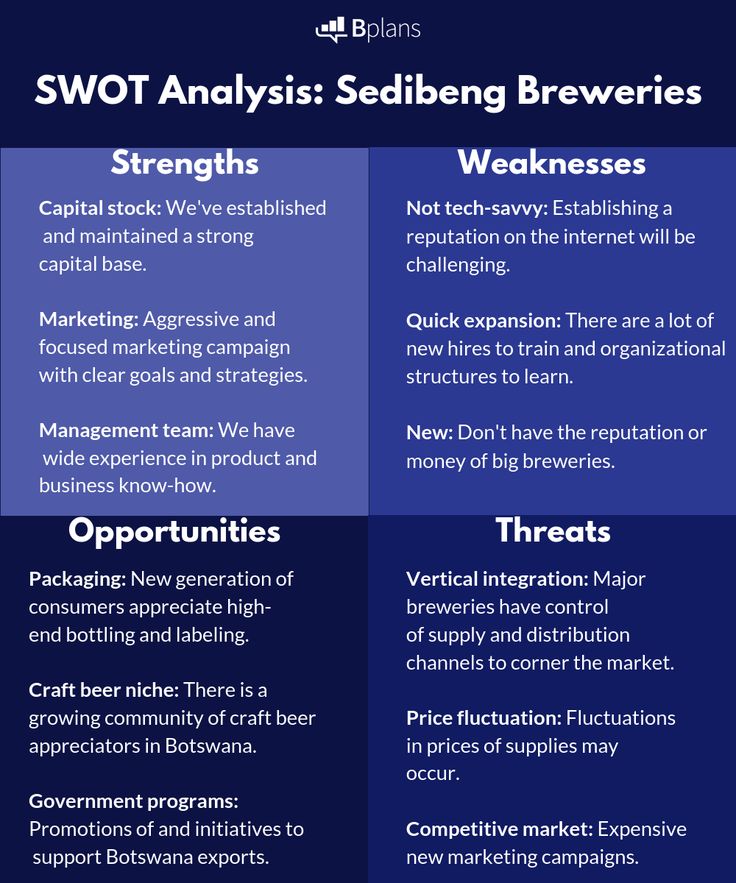 Being a Trusted Loyal Friend
Being a Trusted Loyal Friend - 7. Focused Observing
- 8. Self-Motivating as an Independent
- 9. Focused Leadership
- 10. Working Productively in Solitude
- 11. Calm Mediating in Stressful Times
- Final Thoughts on Hidden Introvert Strengths
First, an introvert isn’t necessarily shy, a people-hater, or full of social anxiety. Maybe you have a child, family member, or friend who has tried to explain this to others. It is true that an introvert might be shy, but so can anyone. There’s much more to the introvert personality than what others see on the surface. What you are about to discover may amaze you.
An introvert is a personality type that takes up real estate at the other end of the spectrum from an extrovert. This simply means that while an extrovert seeks out social interaction and thrives in a busy environment, the introvert does not. Instead, the introvert thrives in a quiet environment with less or no sensory overload. They enjoy spending time alone.
They enjoy spending time alone.
In defining what an introvert is, it is helpful to take a look at the personality traits. The following are just a few:
Introvert Traits- You need significant amounts of time alone.
- Socializing drains your energy.
- You are more productive alone.
- You do not need the limelight.
- You have a small circle of close friends.
- Your relationships are grounded on a deeper level.
- You have a highly active inner thought process.
- You zone out to relax.
- You’d rather write than talk.
- Your emotions run deep.
The definition of an introvert will also fluctuate, depending on the type.
Types of Introverts- A social introvert prefers interacting in small groups.
- A thinking introvert spends long periods of time absorbed in their own thoughts or imagination.
- An anxious introvert requires time alone due to shyness, awkwardness around others, or a lack of self-confidence.
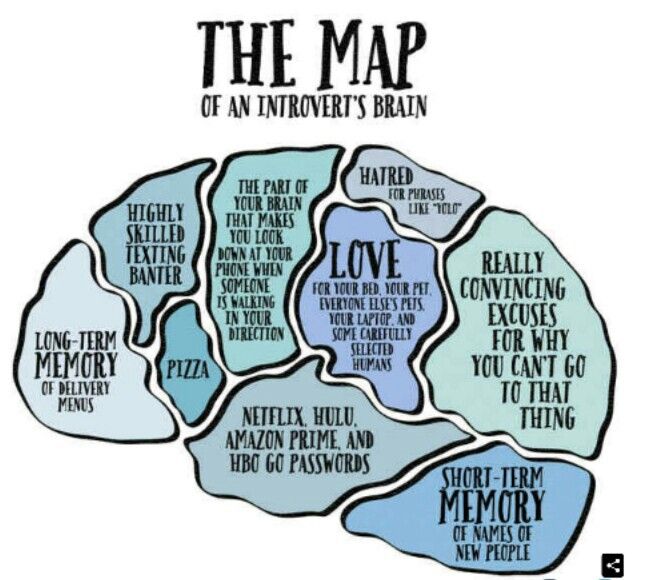
- An inhibited introvert makes cautious and calculated interactions, reserving their thoughts and feelings to themselves.
These types of introverts may be blended to any varying degree or even overlap with extrovert tendencies. Since every person is unique, their personality and characteristics will also be. For now, this article will focus solely on the hidden strengths of introverted personalities.
Despite being constantly compared to extroverts, introverts reap a ton of benefits. Some include:
- Creativity
- Excellence in academics
- Better health
- Success in business ventures
- Excellence in leadership roles
As an introvert, you may not know it yet, but you have some of the most powerful gifts of all humankind. This list of 11 hidden introvert strengths that help you in life is designed to aid you in self-reflection, meditation, and self-care. The objective is to illuminate your true immense value as an introvert, build your self-confidence, and help you live your best life.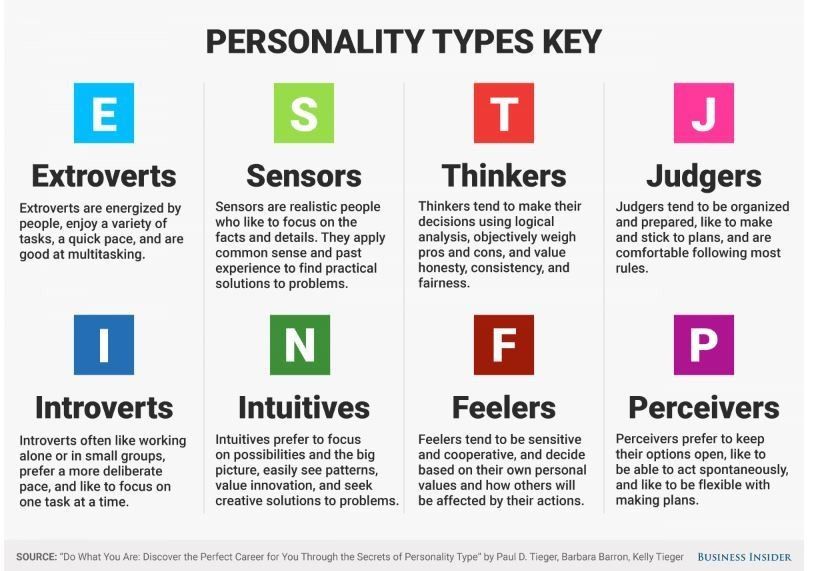
11 Hidden Introvert Strengths That Help You in Life
1. Problem-Solving with an Eye for Details
Problem-solving and having an attention to details is an often-overlooked strength that few truly exert. An introvert’s brain is perfectly geared for this talent because the activity in the frontal cortex controls complex focus, thinking, and responses. Problem-solving with an eye for detail enhances creativity, risk management, and emotional intelligence.
This strength helps an introvert by contributing reliable information for carrying out everything from complicated career tasks to keeping them safe on the road and making good judgment calls on everything else. An introvert’s decision-making skills are bar none, and that shows in their organizational skills at home and at work, making them stand out from the crowd in excellence.
Check out ways to improve your problem-solving skills here.
2. Well-Prepared Deep Thinking with Solid Judgment
A different neurological process occurs in the introvert's brain than the extrovert, meaning that information takes a longer route through the brain of an introvert.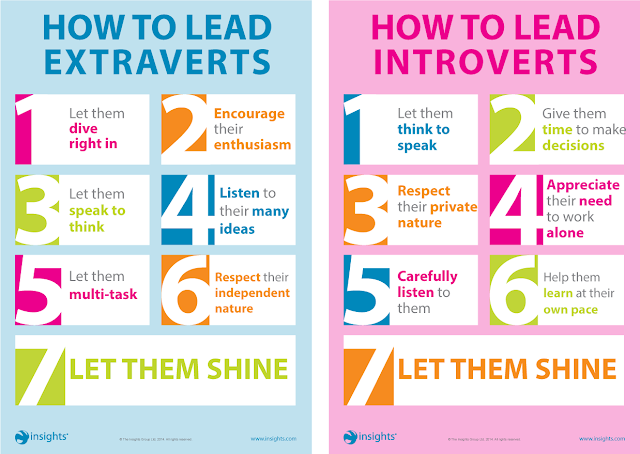 This allows the person to take their time in deep thought, calculation, and preparation. An introvert thinks of every possible question that may arise, ready to respond with a decisive answer.
This allows the person to take their time in deep thought, calculation, and preparation. An introvert thinks of every possible question that may arise, ready to respond with a decisive answer.
This power enables an introvert to foresee future scenarios, opportunities to redesign strategies, and seldom respond on impulse. A few jobs that may suit a deep thinker include:
- University professor
- Management consultant
- Economist
- Political scientist
- Medical scientist
- Writer
- Journalist
- Engineer
- Philosopher
Here are a few ways to enhance your cognitive thinking skills.
3. Excellent Writing and Communicating
Because introverts are deep-thinking problem-solvers, they are usually excellent written communicators. They are superb at organizing and putting their thoughts into writing. Since they have already thought out every possible question, comment, or response, their writing does not fail to address any of these.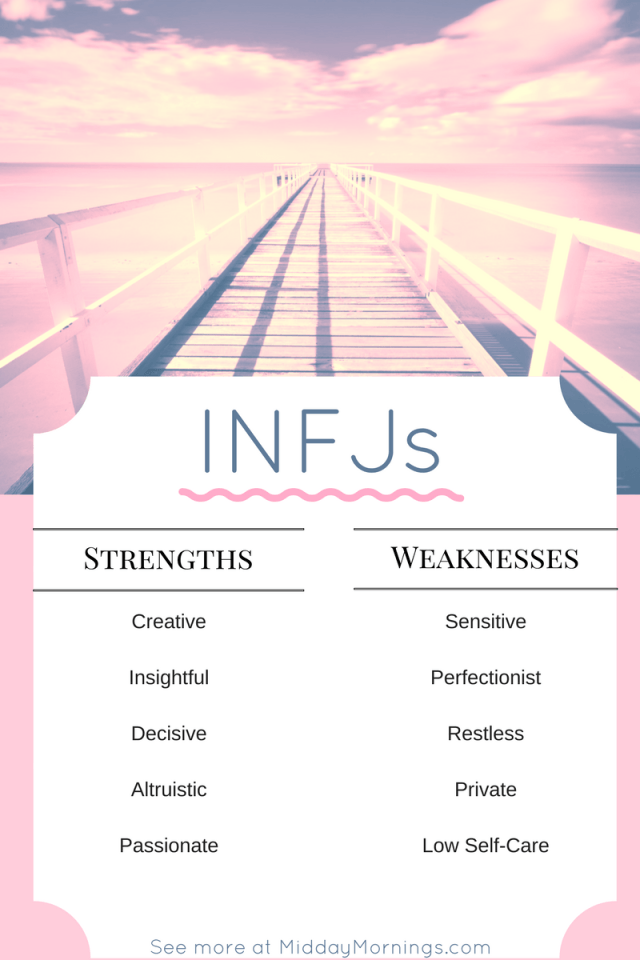 With more gray matter in the prefrontal cortex and an abundance of firing neurons, an introvert is well-equipped for abstract thought processes, reflection, and organization.
With more gray matter in the prefrontal cortex and an abundance of firing neurons, an introvert is well-equipped for abstract thought processes, reflection, and organization.
Writing increases cognitive thinking, and there are plenty of opportunities to hone your skills. These are a few careers that allow an introvert to employ these phenomenal writing skills and communication without a need for the spotlight:
- Speechwriter
- Author
- Researcher
- Paralegal
- Grant writer
- Technical writer
Review this information about the connection between writing and critical thinking and how you can improve your skills.
4. Creative Thinking
The creative thinking of the introvert is exceptional because it is not harnessed by a need for attention or limelight. This leaves the introvert’s brain wide-open for free rein to explore all the possibilities. If you take the small talk and people interaction that an extrovert needs and wrap it up, you can counter it with an introvert’s ability to tie that energy up in a creative way.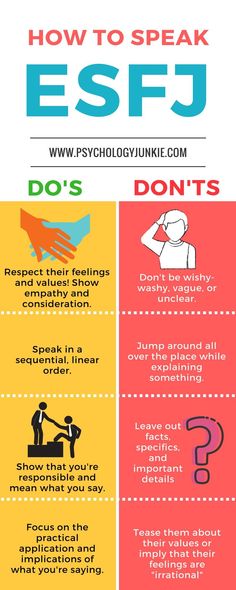
The ingenuity of creatively thinking introverts rules nearly every career field or role in life. The ability to process information and organize thoughts is an exceptional gift, but the ability to create something unique, beautiful, valuable, functional, or all the above is downright brilliant. Here are a few ideas:
- Writer
- Artist
- Inventor
- Filmmaker
- Videographer
- Graphic artist or designer
- Animator
- Web developer
Here are some great ways to further develop your creative streak.
5. Excellent Listening Skills with an Empathetic Side
An introvert is a naturally great listener. They absorb the information, carefully mull it over, and provide a thoughtful, empathetic response. Active listening is a rare and precious skill in any situation, whether in personal life or work. It is so uncommon because few people know how to focus on what is being said without interjecting themselves or their opinions in the middle of the conversation.
It is so uncommon because few people know how to focus on what is being said without interjecting themselves or their opinions in the middle of the conversation.
An introvert understands the impact of the disruption of bad timing or changing the direction of the talk. A misstep may be misconstrued as injecting ego, being tone-deaf, or just not really listening at all. Jobs suited for an introvert with excellent listening skills might have to do with sales, working one-on-one with clients, conflict resolution, or human resources. Other career opportunities include coaching, counseling, or therapy work.
If you’re interested in honing your listening skills, check out these ideas.
6. Being a Trusted Loyal Friend
An introvert is an intensely loyal, attentive, and dependable friend who deliberately chooses a very small circle of close friends. They are excellent listeners and apply deep thought to the relationship, which results in great empathy. They take friendships seriously and only invest in those that they believe will be long-lasting bonds.
This superpower bleeds off into familial relationships as well. None of an introvert’s relationships are taken lightly. If you are a chosen one, you are lucky. It will be one of the most valuable friendships of your life.
While being a trusted, loyal friend seems to only apply to one’s personal life, there are career opportunities that value the introvert’s investment of trust and loyalty. Some may include the following:
- Jobs with security clearance
- Online customer service
- Counselor, therapist, or mental health expert
Besides being a great listener, click here to learn how to become an even better trusted and loyal friend.
7. Focused Observing
An introvert absorbs their surroundings, observing the tiniest details and processing the information through critical thinking. While an extrovert is interacting and socializing loudly, the introvert is quietly sitting back and evaluating behaviors, reactions, and communications. This attribute gives the introvert greater information, knowledge, and power.
This attribute gives the introvert greater information, knowledge, and power.
In a world where life seems to outpace time, finding someone with superior observation skills is becoming more and more difficult. Fast phones, fast internet, fast dating, fast education, and fast everything is the norm, which makes someone with these skills not obsolete but invaluable.
If you’re interested in careers for introverted observers, a few might be a mentor, consultant, researcher, scientist, analyst, proofreader, or editor. Keep in mind, an introvert who can also read body language, detect lies, or evaluate facial expressions is a rare find and highly valued in the business world.
Here is excellent information on how to improve your observation skills.
8. Self-Motivating as an Independent
Because introverts don’t need the spotlight and work diligently without distraction or supervision, they are incredibly productive when working alone. Typically, they already have the project timeline and outline mapped out.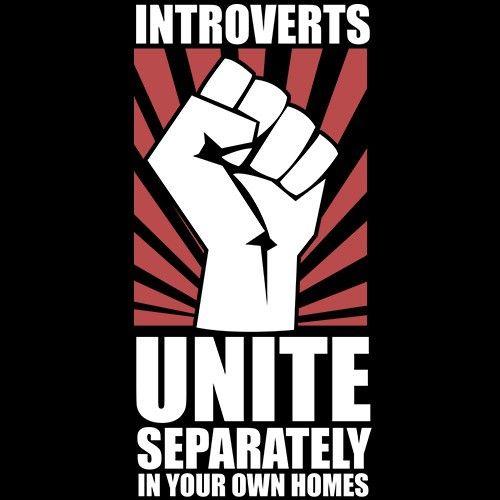 If a supervising voice does interfere, it only slows down the rapid progress of the introvert and is perceived as unnecessary small talk.
If a supervising voice does interfere, it only slows down the rapid progress of the introvert and is perceived as unnecessary small talk.
In their personal life and career, they must be allowed the time and space necessary to perform according to their individual strengths. Alone time in their personal life is life-giving, as an introvert desperately needs this time to recharge. A nice bonus is that an introvert doesn’t get upset when someone else in their life needs a little space too.
Here are some great jobs for a self-motivated, independent introvert:
- Work-from-home employment
- Writer
- Author
- Day trader
- Artist
For ideas on how to improve self-motivation, click on this link.
9. Focused Leadership
Because an introvert is a terrific listener, they also make a great leader and convey confidence to the whole team. Again, they don’t want the spotlight or attention, so their energy is freed up to concentrate on listening to others’ ideas, troubleshooting, strategizing, remaining calm, communicating clearly, and reassuring their team as needed.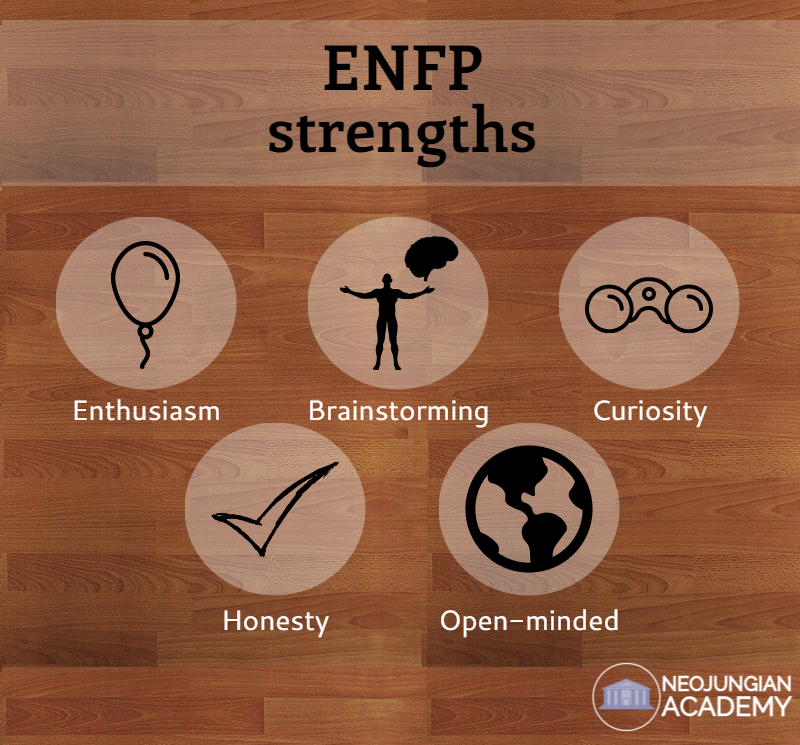 With the leader’s ego out of the way, everyone can participate, and the team can soar.
With the leader’s ego out of the way, everyone can participate, and the team can soar.
An introvert often leads in their personal life and their career. Their thoughtful insight, empathetic listening, and compassionate forethought make them a leader who is praised, appreciated, and admired by the entire team. The same usually follows with the introvert’s personal relationships. Several great leadership careers include:
- Leader
- Supervisor
- Strategist
- Therapist
- Accountant
- Auditor
- Editor
To enhance your focused leadership skills, check out these ideas.
10. Working Productively in Solitude
A hardworking introvert who is productive in solitude frees up a manager’s time and resources to work with those who may not excel at working alone. An introvert carefully expends energy on doing deep thinking and organizing thoughts so that no time or effort is wasted about being productive. It comes naturally to an introvert and is not often a skill that can be taught.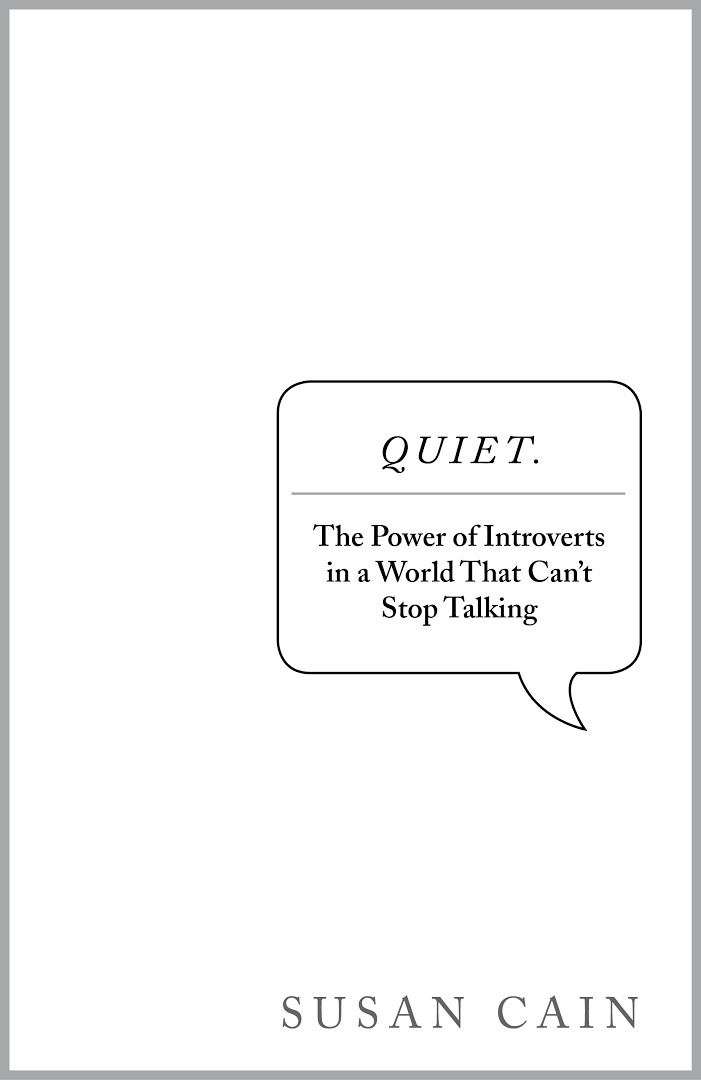
Working productively in solitude is an invaluable asset to an employer and provides benefits on a personal level as well. There are several examples throughout history of this type of introvert. Albert Einstein performed his “thought experiments” in solitude. Also, Nikola Tesla did some of his most famous work in solitude.
Introverts are masters of productivity when working alone. Many of the suitable jobs for this type of work involve:
- Work-from-home employment
- Writer
- Author
- Day trader
- Artist
- Inventor
Ways to advance your productivity skills in solitude can be found here.
11. Calm Mediating in Stressful Times
Introverts are calm mediators who know how to step back, evaluate the situation, listen, and provide thoughtful assurance amid chaos. Because introverts are solidly grounded within themselves, the stability of their personality and approach is a beacon to others and comfort to those without it.
Some careers they may thrive in might be mediator, judge, lawyer, leader, supervisor, or other leadership roles where tense situations may call for a calming touch. Other opportunities may involve working with the stock market, estate planning, marriage counseling, family counseling, filmmaking, or the court system.
Here are some ideas to hone your calm mediating skills.
Introvert strengths are developed from within the womb. Science indicates that their introverted personality traits are fused into their brains and their beings. Introverts are not odd, weird, or less than any other human being. Instead, they are unique, gifted with special powers that we should appreciate and admire. Their hidden strengths make life a little bit easier and more beautiful, not just for them, but for all of us too.
Final Thoughts on Hidden Introvert Strengths
The hidden introvert strengths are not ordinary everyday powers. They are exceptional. They are exuberant.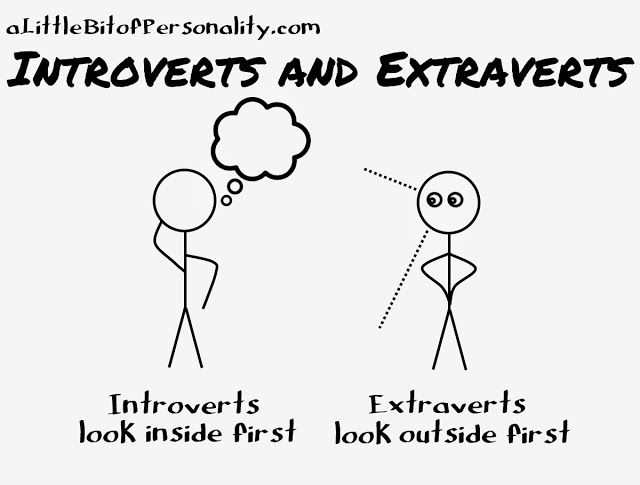 They are brilliant, and they breathe life. Without them, our world would be a pretty dull place. We are forever indebted to the hidden introvert strengths around the globe.
They are brilliant, and they breathe life. Without them, our world would be a pretty dull place. We are forever indebted to the hidden introvert strengths around the globe.
If you’re an introvert or know one that needs a boost, refer them to this article. When we lift one another in self-confidence, self-assurance, and love, we make our planet a kinder, gentler home for everyone.
Now, visit our site at Happier Human or take a glance at 45 Introvert Quotes to Survive in an Extroverted World. It is time for you to rise!
Rain Story is an author and screenwriter. She is an alumna of the University of Arkansas at Little Rock, the University of New Mexico, and the University of Kentucky. She earned two B.A.s and four years of graduate studies in literature, languages, and creative writing before personal tragedies pulled her away from her graduate work. She is also a Donaghey Scholar and fellow of the William G. Cooper, Jr. Honors Program in English.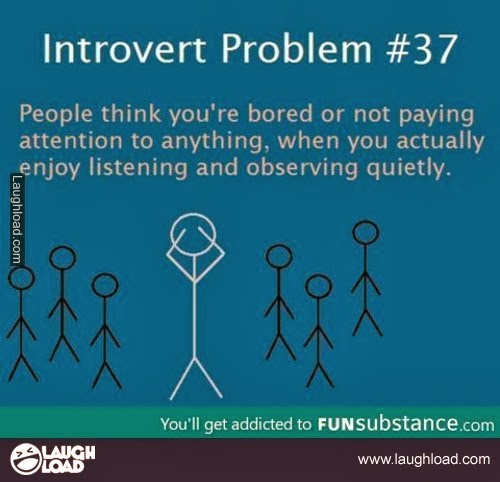
Finally, if you want to increase your happiness and life satisfaction, then watch this free video that details the 7-minute habit for planning your day to focus on what's important.
Strengths of an introvert when looking for a job. Career for introverts. How to gain credibility and get a well-deserved promotion
The strengths of an introvert when looking for a job. Career for introverts. How to gain credibility and get a well-deserved promotionWikiReading
Career for introverts. How to gain credibility and get the promotion you deserve
Enkovitz Nancy
Content
Strengths of an introvert when looking for a job
Looking for a job can sometimes be a very painful experience - especially for an introvert who lost his job in an economic crisis or because of the intrigues and behind-the-scenes fuss in a company.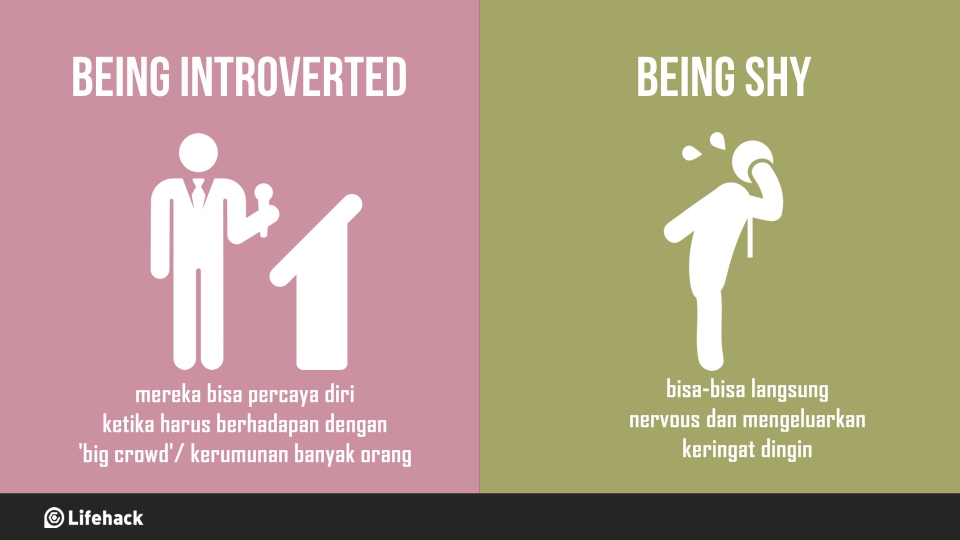 Generally speaking, according to the US Bureau of Labor Statistics, it took on average six weeks 90,014 2 90,015 for executives and financiers who lost their jobs between 2005 and 2007 to find a new job. From an economic point of view, these were quite favorable years with low unemployment, but during the period of economic slowdown (2001-2003), the average time to find a new job was nine weeks. You probably think that introverts find it harder to find a suitable job than extroverts? Meanwhile, both introverts and extroverts who care about expanding their circle of acquaintances end up finding jobs faster than those who don't.
Generally speaking, according to the US Bureau of Labor Statistics, it took on average six weeks 90,014 2 90,015 for executives and financiers who lost their jobs between 2005 and 2007 to find a new job. From an economic point of view, these were quite favorable years with low unemployment, but during the period of economic slowdown (2001-2003), the average time to find a new job was nine weeks. You probably think that introverts find it harder to find a suitable job than extroverts? Meanwhile, both introverts and extroverts who care about expanding their circle of acquaintances end up finding jobs faster than those who don't.
Even if you shudder at the thought of having to participate in numerous interviews, I will say a few words of comfort and encouragement to you. Despite the fact that a lot of time, emotions, strength, and sometimes even money are spent on the interview itself (for example, you have to get a new suit in which you are not ashamed to come to the interview), as a result, you can get a job that is more in line with your character, qualifications, lifestyle and financial needs. If you see this as just an unpleasant way to achieve a desired result, or, on the contrary, experience a sense of satisfaction from solving a difficult task, your introverted nature will not necessarily become an obstacle to finding a job. Moreover, in many ways it will be to your advantage. For example, you can use your penchant for doing thorough research to get as much information as possible about potential employers and interviewers. By using your deep thinking skills, you can formulate strong enough arguments in advance to prove that you will be of benefit to the company you want to work for. This way you will have the opportunity to stand out from the rest of the applicants and become the number one candidate.
If you see this as just an unpleasant way to achieve a desired result, or, on the contrary, experience a sense of satisfaction from solving a difficult task, your introverted nature will not necessarily become an obstacle to finding a job. Moreover, in many ways it will be to your advantage. For example, you can use your penchant for doing thorough research to get as much information as possible about potential employers and interviewers. By using your deep thinking skills, you can formulate strong enough arguments in advance to prove that you will be of benefit to the company you want to work for. This way you will have the opportunity to stand out from the rest of the applicants and become the number one candidate.
Let's start by identifying the elements that lead to a favorable interview outcome.
Chapter 4 Assess Your Strengths
Chapter 4 Assess your strengths Tom Hoffman looks at the results of his analysis of his firm's core competencies and seems pleased.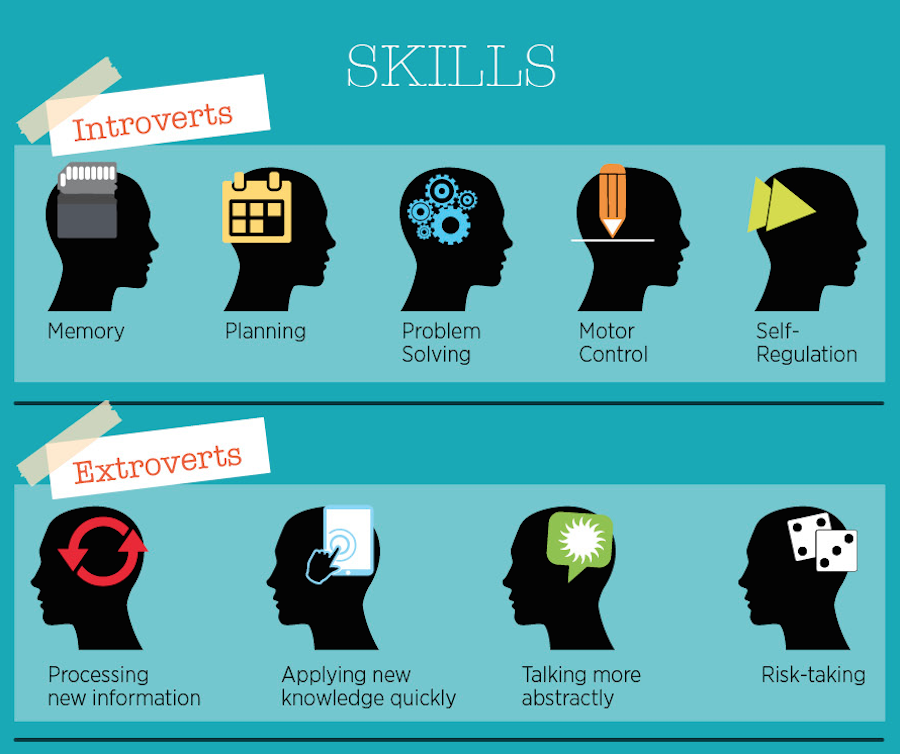 But, sitting alone in his office, he puzzles over how to put it all into practice. Tom has
But, sitting alone in his office, he puzzles over how to put it all into practice. Tom has
Phase 2 Assess Your Strengths
Phase 2 Assess your strengths We have developed five checklists to help you assess your strengths and weaknesses. By applying them and calculating the appropriate points, you will get results ranging from 0 to 5 points. Checklists
Strengths, weaknesses, opportunities and risks
Strengths, weaknesses, opportunities and risks These parameters are usually used to assess the current state of companies, but they are also suitable for assessing investments in real estate, since each object also has strengths and weaknesses, opportunities and risks. Experienced Investor,
Know your strengths and weaknesses
Find out your strengths and weaknesses The most successful businessmen, directors, and professionals have a high degree of self-confidence. In the meantime, let's take an example. During a series of experiments called "The Mind of a Millionaire" by Chris Gorman
In the meantime, let's take an example. During a series of experiments called "The Mind of a Millionaire" by Chris Gorman
SWOT analysis (strengths, weaknesses, opportunities, threats)
SWOT analysis (strengths, weaknesses, opportunities, threats) This method is an addition to the brainstorming structure. Divide the flipchart sheet into four parts and label them: Strengths, Weaknesses, Opportunities, Threats. The group can analyze the business,
Chapter 4 How to Develop Strengths
Chapter 4 How to develop strengths An effective leader does everything to increase the return on the strengths of the organization everywhere and in everything. He knows that weaknesses cannot be relied upon. To achieve results, you need to use all possible strengths:
Your strengths and assets
Your strengths and assets Given the platform you want to build, it is very important to know your own strengths and assets. It can be your personal qualities, professional network, loyal clients and potential buyers, strong media connections, etc.
It can be your personal qualities, professional network, loyal clients and potential buyers, strong media connections, etc.
6. Unchanging and showcases your company's strengths
6. Consistent and showcases your company's strengths Consider that every post, tweet, comment, every click of the like and share buttons conveys the image of your company. Even though the micro-content you post can be very
Know your strengths
Know your strengths Try to be honest with yourself. What are your best skills, qualities and abilities? What do you do that is most important to the success of the company? What value do you personally contribute to the business? Imagine yourself as a doctor conducting
SWOT Analysis: Strengths, Weaknesses, Opportunities and Threats
SWOT analysis: strengths and weaknesses, opportunities and threats Given the purpose and focus of the plan, you will need to conduct a quick analysis of internal and external forces that are expected to be relevant to subsequent decisions made in the planning process,
Chapter 2 Your Strengths Get in the Optimistic Wave
Chapter 2.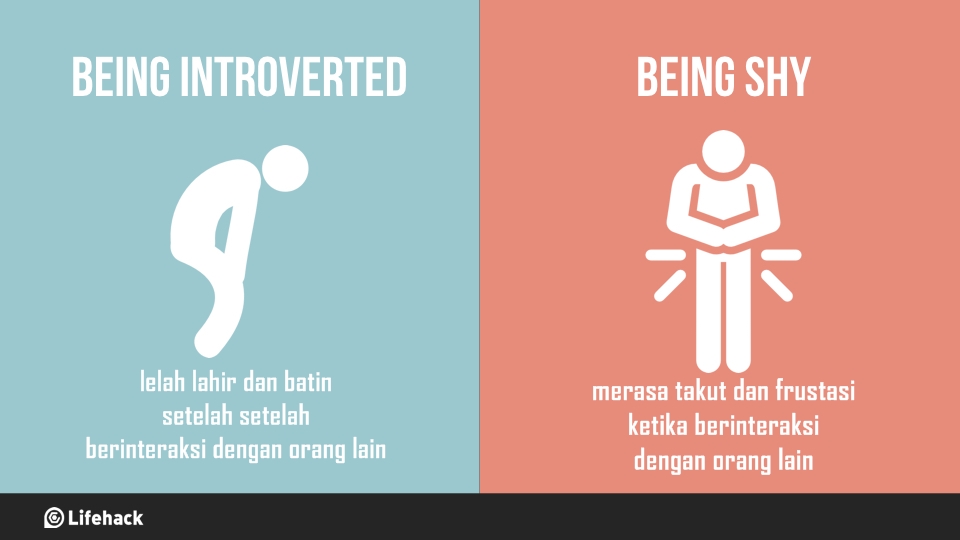 Your Strengths Get in the mood for optimism Why is it important to know your strengths? Because if you don't know them yourself, how are you going to build your "personal brand" or determine what qualities will make you stand out from the crowd? Of course you can
Your Strengths Get in the mood for optimism Why is it important to know your strengths? Because if you don't know them yourself, how are you going to build your "personal brand" or determine what qualities will make you stand out from the crowd? Of course you can
How to identify your strengths
How to identify your strengths For introverts (in particular), self-promotion is first of all thinking, then doing certain actions, and finally contemplating these actions. As an introvert, you are very well adapted to identifying
My strengths as a public speaker
My strengths as a speaker Listed below are my own accomplishments as a public speaker. Please note: maybe you have some of them.1. Training. Good preparation is the key to successful public speaking. Someone like this
Your personal strengths and weaknesses as a public speaker
Your personal strengths and weaknesses as a public speaker After we have talked about my strengths and weaknesses as a public speaker, we can start discussing your problems.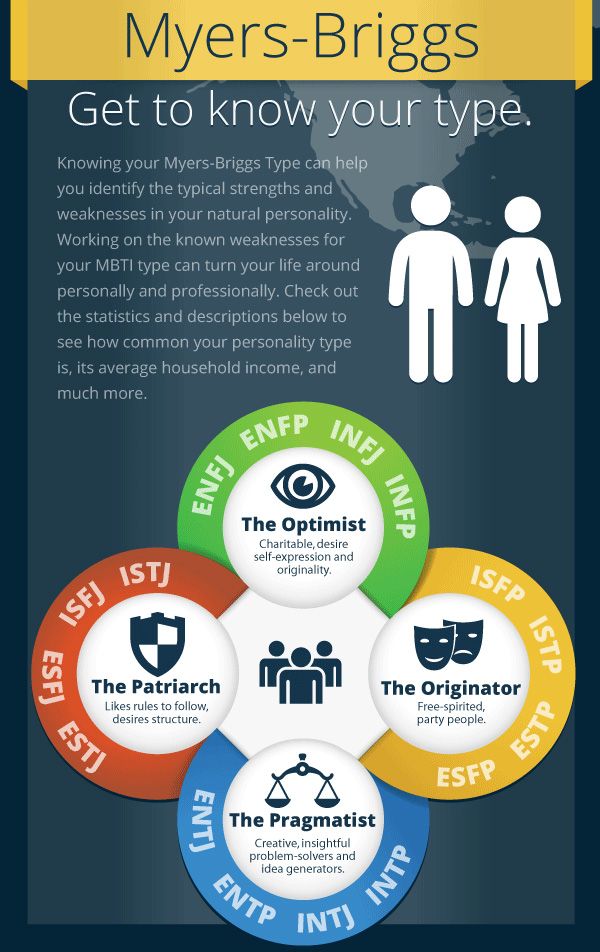 Fill in the empty fields in the
Fill in the empty fields in the
Emphasize strengths
Emphasize strengths Praising or acknowledging strengths before pointing out weaknesses is a good way to keep the conversation neutral and not make the person feel embarrassed or ashamed. Consider using
in your practicestrengths and weaknesses
An introvert is a person with personality traits known as introversion, which means they feel more comfortable focusing on their inner world rather than what is going on outside. They like to spend time alone, or in small companies.
In the 1920s, the Swiss psychoanalyst Carl Jung was the first to propose differentiating people along the introvert-extrovert axis. He described introverts as people who prefer to direct their attention inward, to their feelings and thoughts.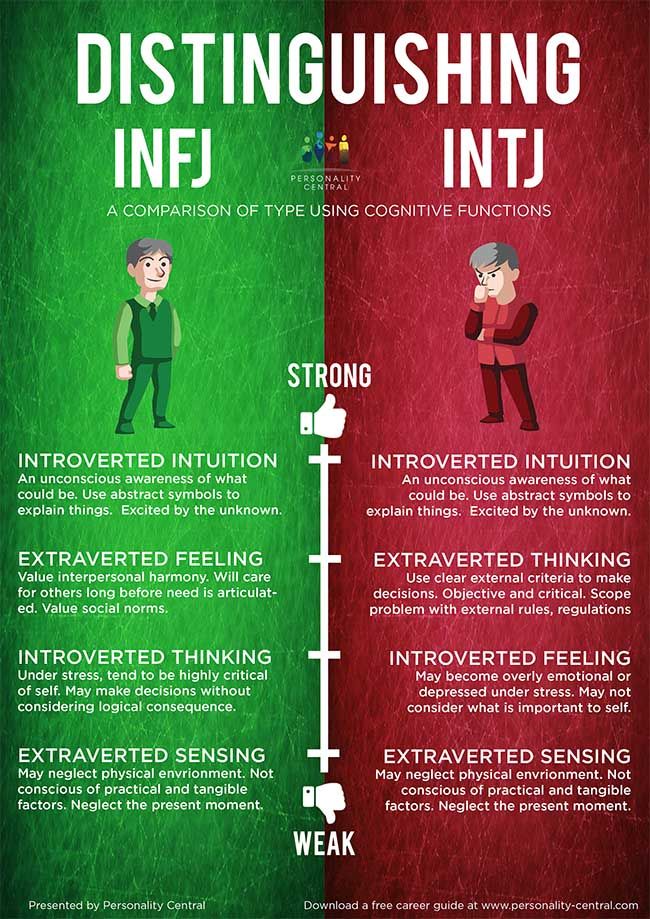 He also noted that introverts lose energy during social interactions. Extroverts, on the other hand, direct their attention outward, gain energy from interacting with people, and lose energy during periods of loneliness.
He also noted that introverts lose energy during social interactions. Extroverts, on the other hand, direct their attention outward, gain energy from interacting with people, and lose energy during periods of loneliness.
An introvert is not the type of person who will throw jokes in the office, and not the one who appears on the TV screen as a rising star of the next reality show. On the contrary, he is more likely to spend his free time in solitude or in a small circle of close people.
Introversion is a personality trait that is determined by focusing on inner experiences rather than on the outside world. It is believed that introverts and extroverts are two different personalities, but the truth is that most people fall somewhere in between.
What is an introvert
People who are introverts tend to be introverted and focused on inner thoughts, feelings and moods, they do not like to be in big companies. Introverts tend to be calm, balanced and introverted.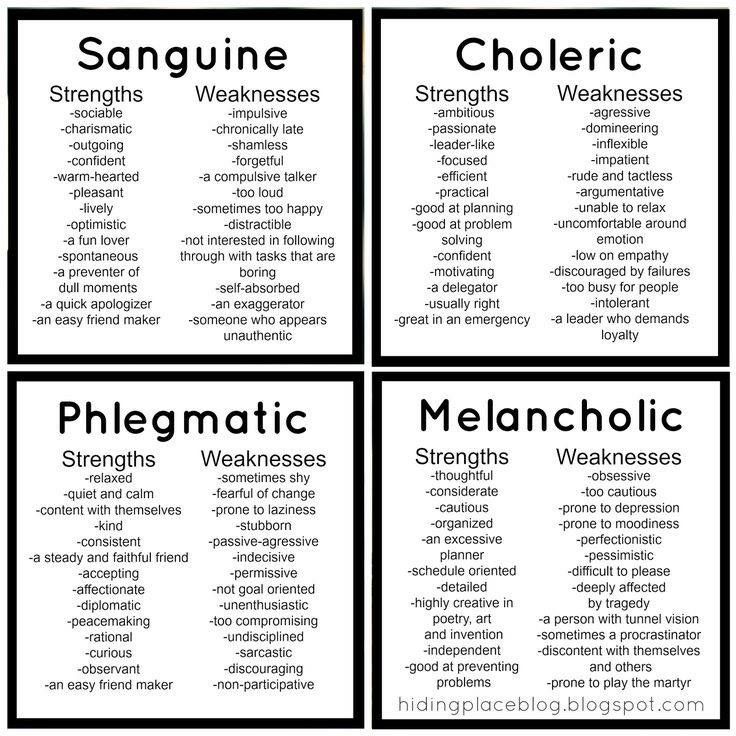
If extroverts get energy from communicating with people, then introverts, on the contrary, drain their energy when communicating with other people. Being in the company of people for a long time, introverts begin to need to “recharge” after spending some time in silence.
Of course, not all introverts are the same. Some introverts just need to be alone for a while, after which they are ready to communicate again. Others are quickly depleted and prefer to spend long periods of time in seclusion.
However, sooner or later, all introverts experience the so-called "introverted hangover", that is, complete impotence due to too much time spent in society. They may become grouchy, unable to concentrate and feel tired.
Despite the fact that the introvert is focused on inner sensations, he is also interested in the world around him. He is not a sociophobe and does not feel excessive fear or anxiety in society.
But again, if he constantly avoids people and social contacts and lives in himself, then over time it is possible that he may develop social phobia.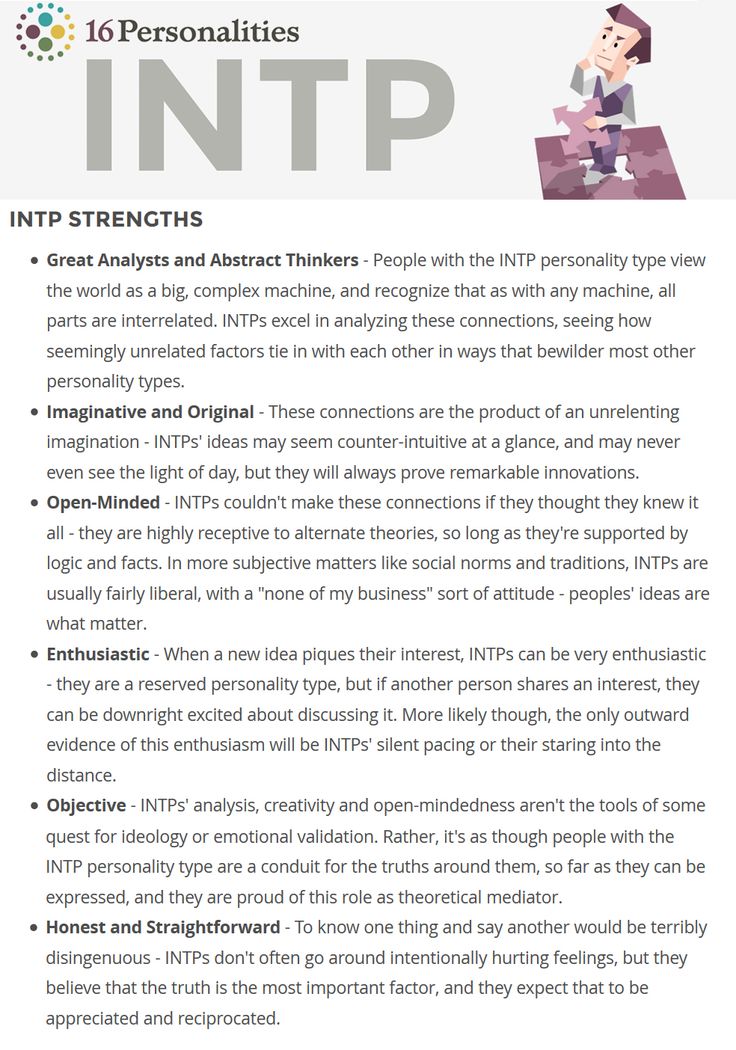
General characteristics of introverts:
- Prefer solitude at home and do not like to go to noisy parties.
- They enjoy quiet, peaceful activities such as reading, gardening, painting.
- Choose a company of several close friends, try to spend less time in the company of strangers.
- They like to work alone.
- Avoid small talk and other, in their opinion, social interactions.
- They prefer to send a message than call.
Introvert strengths:
- Active listener
Introverts are natural listeners. They are ready to listen to any problems of their friends or colleagues. An introvert listens attentively to a person without interrupting, without judging or judging. Agree, not everyone is ready to listen to the problems of another person.
- They think before they speak
Introverts are well aware that words have great power.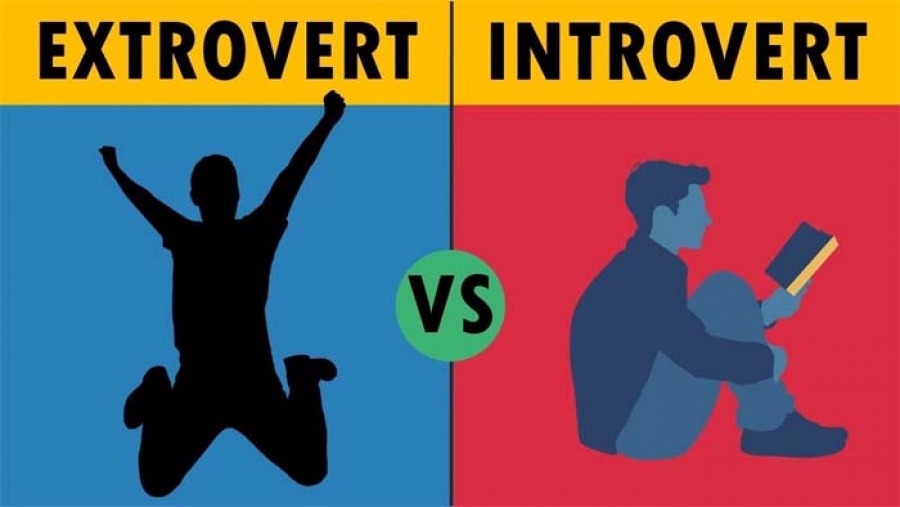 Words can be helpful or harmful, can cause a positive or negative reaction.
Words can be helpful or harmful, can cause a positive or negative reaction.
What we say defines our identity and reveals our attitudes and feelings, reflecting who we are. Our choice of words gives listeners an idea of our intelligence or ignorance.
Introverts don't talk much, but when they express their thoughts, they tend to be interesting and meaningful.
- Observant
Introverts have observation skills and can notice things that others do not. It may seem that they are just sitting quietly during a formal meeting, in fact, an introvert absorbs information and thinks critically.
In addition, they are well versed in body language and facial expressions of people, thanks to this they are successful in interpersonal communication.
- Good partner in personal life
In private life, introverts do not put pressure on their partner, they are not intrusive or demanding. They are always ready to listen and support their partner, while they may not talk about themselves and their problems.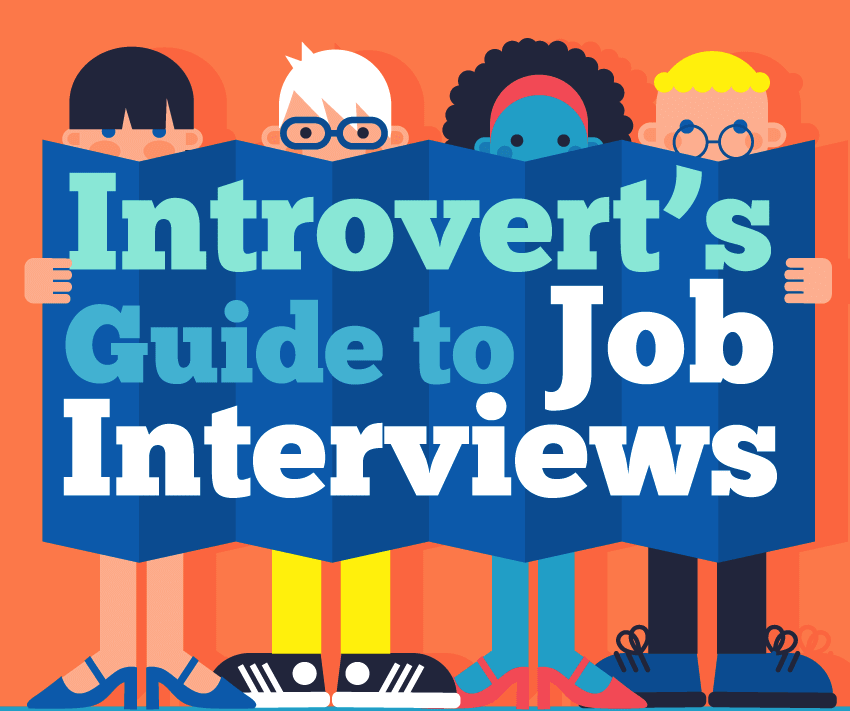
- Effective leader
Introverts do not tend to be the center of attention and take credit for group successes at work. They are likely to highlight the strengths of their team. Accordingly, when employees feel recognized, they become more motivated and achieve their goals more effectively.
Weaknesses of introverts
- High sensitivity
Due to their high sensitivity, introverts are more likely than extroverts to develop mental disorders such as depression, anxiety, intrapersonal conflicts.
They may spend a lot of time thinking about a problem, but when they have a great solution, they are not always able to voice it, because they do not want to compete with colleagues or they are embarrassed by unfamiliar surroundings.
- They require regular charging
While extroverts feel energized during social interactions, introverts need some time to regain their energy.